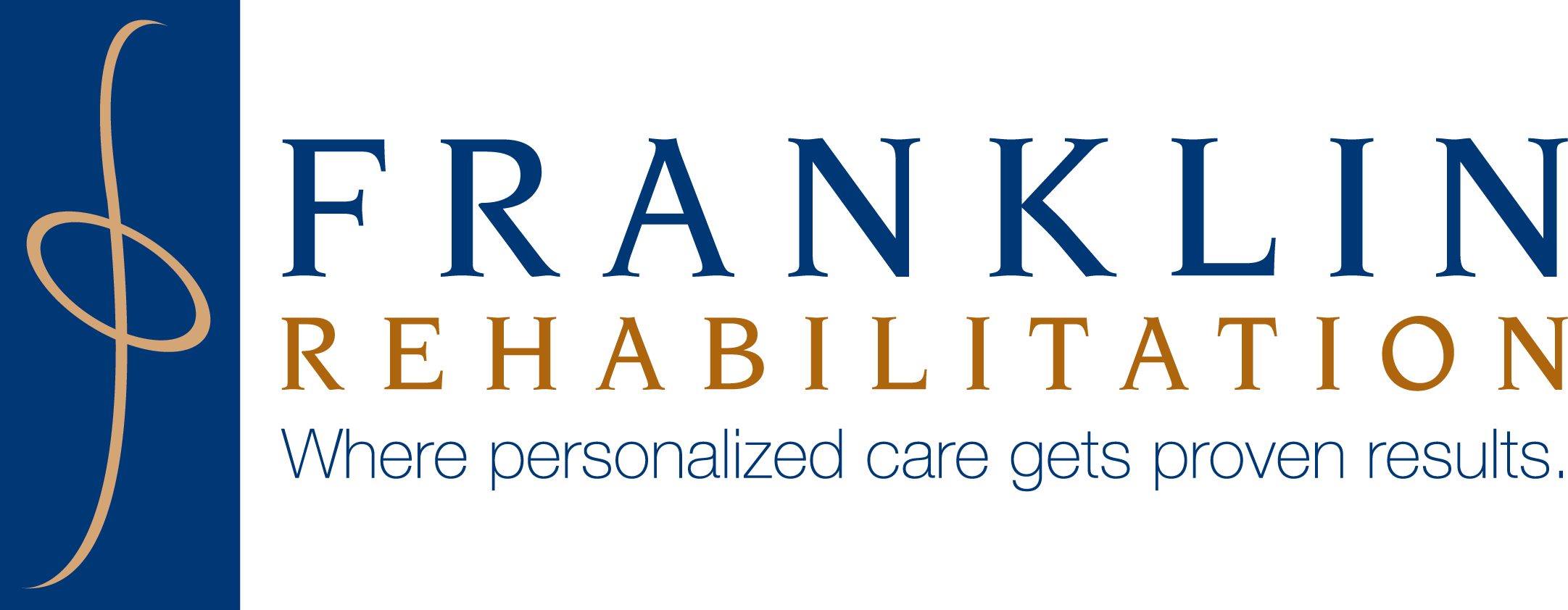These 3 things could cause your distal biceps tendon to tear

The biceps muscle is the large muscle located in the front of the arm. It is attached to the bone in two places: at the shoulder by the rotator cuff tendons, and at the elbow by the distal biceps tendon.
We use this muscle not only to bend our arms, but also to lift our arms over our heads, and to rotate our arm when we are shaking someone’s hand or using a screwdriver. Athletes also rely on this muscle to perform at their best. But there are several factors that can lead to a distal biceps tendon tear, and physical therapists can help you learn about some of these factors.
What causes the distal biceps tendon to tear?
While biceps injuries at the shoulder are more common, the distal biceps tendon can tear or even rupture completely if it is placed under too much stress. Three common causes of a distal biceps tear are:
- Traumatic injury — A sudden impact or strain on the elbow can cause the tendons of the biceps muscle to tear. This can happen when the elbow is forcibly straightened, such as lifting a box that is too heavy, or during contact sports like gymnastics.
- Overuse — Repeating the same motions over and over again can cause issues in the biceps over time. Sports that require repeated overhead motions, such as swimming, baseball, and tennis, could trigger biceps tendinitis or a torn distal biceps tendon.
- Age — As we grow older, our muscles and tendons grow weaker. This makes them less flexible and more prone to degeneration and injury. Combined with other factors such as overuse, age can contribute to an increased risk of biceps tendon injury.
How can physical therapy help with a distal biceps tendon tear?
If you are suffering from distal biceps tendinitis or a tear, there are a number of ways that physical therapy can help reduce pain, restore strength and mobility, and make it possible to return to the activities that you enjoy. Franklin Rehabilitation can get you started with a free screening to determine the best course of action to help you manage your condition.
Contact our team today for more information or to schedule an appointment to start treating your tendon injury.
